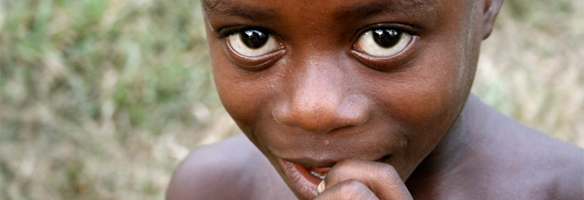In 2010, there were 34 million people in the world infected with HIV/AIDS, according to data collected by Avert. Almost 23 million of them live in Sub Saharan Africa, where this epidemic is taking a huge toll.
This horrifying data is worrisome enough to inspire innovative ways to mitigate this humanitarian crisis. One of these ways might be the use of machine to machine (M2M).
Back in April, Sequoia Technology announced the results of its partnership with Telit Wireless Solutions on developing a way for rural medical clinics in Africa to wirelessly receive HIV test results for expectant mothers within days of testing.
The project, funded by the Clinton Foundation and Mozambique’s Ministry of Health, has allowed mothers with HIV-positive results to begin anti-retroviral drugs much earlier, thus reducing the chances of transferring the virus to their babies from 40% to less than 1%.
M2M technology is also used to fight the less life-threatening (but no less dangerous) diseases such as diabetes, which affects over 7.5 million adults in the continent. Regional governments and healthcare organizations are working with equipment manufacturers to produce mobile monitoring devices and applications to help with the treatment of this disease.
The implementation of these solutions is becoming more feasible thanks to the modernization of Africa’s cellular coverage and increasing number of mobile connections – 680 million in the first quarter of 2012, according to Ericsson’s sub-Saharan Africa marketing and strategy head, Shiletsi Makhofane.
Makhofane believes that the evolution from 3G to LTE connectivity all over the continent, along with policy and regulatory changes, might be the key to expand the African M2M market potential.
Economic benefits aren’t the only gains from this situation – a more mature M2M market and better wireless infrastructure will be key in order to reduce the deaths from two of Africa’s most dreaded epidemics.
Related content:
Video: Watch this demo of Telefonica Digital’s remote healthcare service
[youtube_sc url=”http://www.youtube.com/watch?v=P0ai7tprEEE”]









